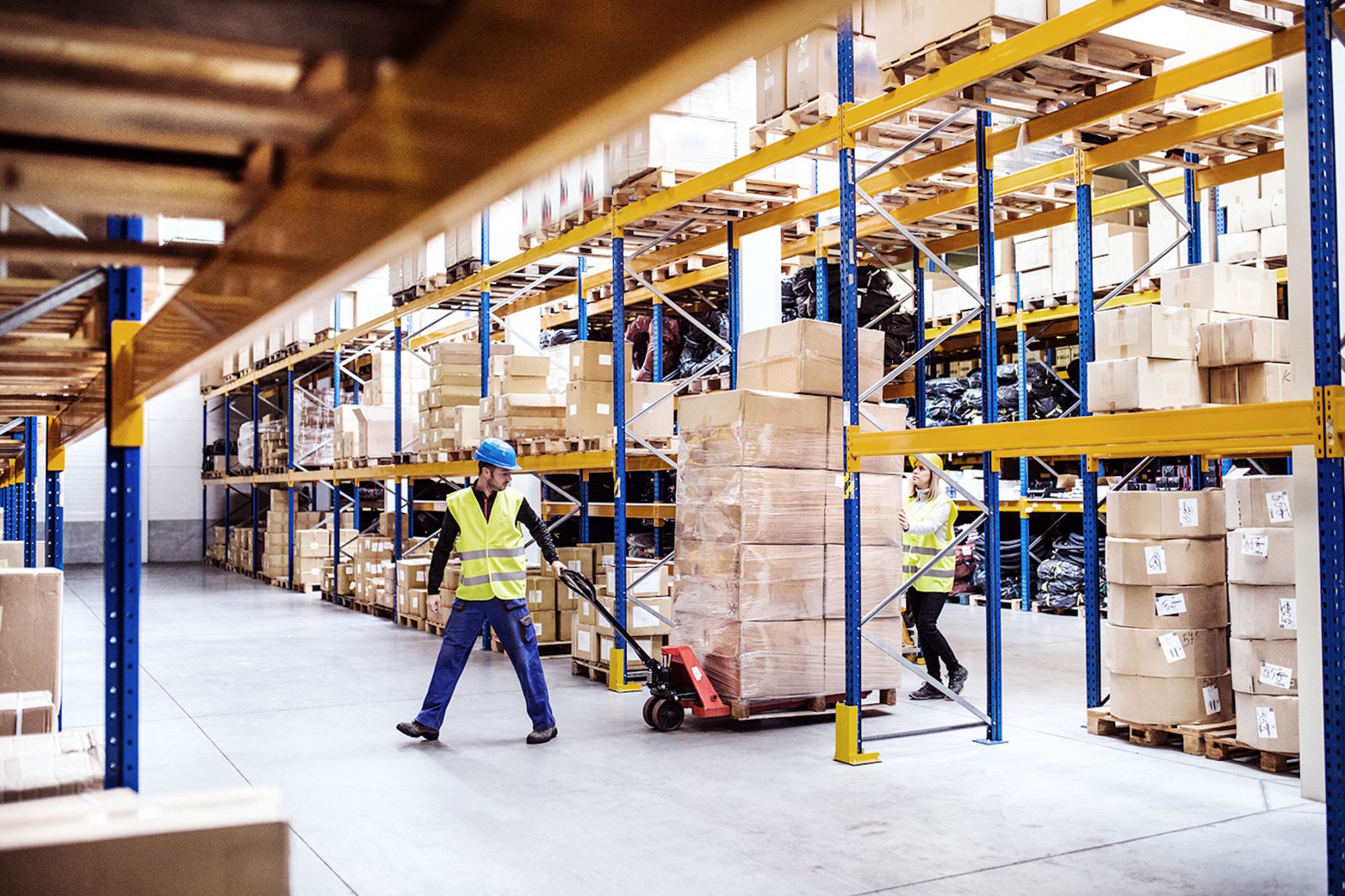Want to Enter The Business of Logistics? Here's What You Need to Know The Indian logistics industry is subject to certain dynamics such as tax reforms, FDI relaxation, and government's extra initiatives which may pose challenges, hence you need to understand what works
Opinions expressed by Entrepreneur contributors are their own.
You're reading Entrepreneur India, an international franchise of Entrepreneur Media.

In the wake of the e-commerce revolution, Indian logistics has started overcoming its limitations to become the US$ 215 billion industry by 2020-21. Though it remained largely unorganised and fragmented since the beginning, the industry got strengthened and systematised with the entry of many organised players. More and more logistics startups are making their mark in the current industry scenario, and the secret behind their success is the evaluation, innovation, and implementation. Logistics holds a great set of opportunities for young entrepreneurs. But, no startup success comes easy. The Indian logistics industry is subject to certain dynamics such as tax reforms, FDI relaxation, and government's extra initiatives which may pose challenges for the new startups and their long survival. And, therefore, they have to be very careful about every step they make to set their foothold in the sector.
1. Never Enter Into the Market Without Experience and Expertise
Logistics business is complex and risky. No matter how much one knows about the industry or business, the knowledge always falls short. Therefore, it is strongly advised to the entrepreneurs to enter into the market with work experience of a minimum of three years and expertise in logistics and supply chain management. Once one is aware of the common pitfalls and risks associated with the business, he will be better prepared to curb the challenges. Moreover, working in logistics industry before starting one's own company gives the entrepreneurs the opportunity to gain credibility as well as form good networks with clients, suppliers, distributors, and everyone involved in the supply chain. These networks do come handy later when one begins with his logistics startup.
2. Disrupt the Marketplace With Tech
As logistics in India is deprived of the disruptive technologies, the tech-oriented startups can become the forerunners of the industry spearheading the digital adoption in the industry. Where technology like IoT can provide the logistics companies with relevant and real-time data, Blockchain and Cloud Computing can streamline all the processes across the supply chain management with complete transparency and visibility. Such tech-based logistics solutions are welcome and appreciated by all the stakeholders of the marketplace. Therefore, startups should enter into the market jam-packed with smart and hi-tech solutions that can bring forth disruption in the market—all for good.
4. Extend the Professional Network
The survival of a logistics startup depends on the strength of the network of suppliers, distributors, customers, etc. Before rolling out one's business, it is important to have a wide and strong professional network with all those who form a significant part of supply chain management. Look for the prospective customers and transport contract in advance to avoid wasting time and resources later on and effortlessly achieve all the strategic objectives of the company.
5. Finance is a Crucial Affair
Managing finance during the early stage of startups is an arduous job for the entrepreneurs. In order to avoid falling in debt or being overburdened with extravagant expenses, the best thing is to first get well-versed with all in and outs of finance and business so that financial risks can be avoided or minimized. In fact, startups with a groundbreaking business idea can obtain funding from banks, NBFCs, or government. Partnering with someone who is equally excited with the idea is another way to fund the startup. As a logistics startup, having sufficient working capital is a big challenge in itself as the money comes after the products have been shipped and reached in a proper condition. This process may take weeks or even months. So, adequate funds and capital has to be there so that one can tap on to it at immediate.
6. Be Prepared for the Unforeseen
Startups should always be prepared for the unforeseen challenges/contingencies. Insurance covers for logistics enable the entrepreneurs to mitigate the financial loss incurred due to an unfortunate event. A logistics company is liable to pay for the loss or damage of the products; in addition, repairing and maintenance of the truck or cargo also increase the overall expenses. Such costs do get expensive for startups. Backed up with an insurance policy, these costs can considerably be reduced.
7. Hire Small, But Smart
Employees help to build a business, but whenever they get off track, the organization also experience evident losses. So, employees should be hired who are passionate about working in a growing sphere and who are always ready to learn. Though qualifications are important, the entrepreneurs should identify the right talent who best fit into the company's hiring goals. One can count on the latest tools and platforms available to shortlist and recruit the top-notch talent in the industry. But, as logistics startups need trusted professionals in the industry, referrals come to great use.











